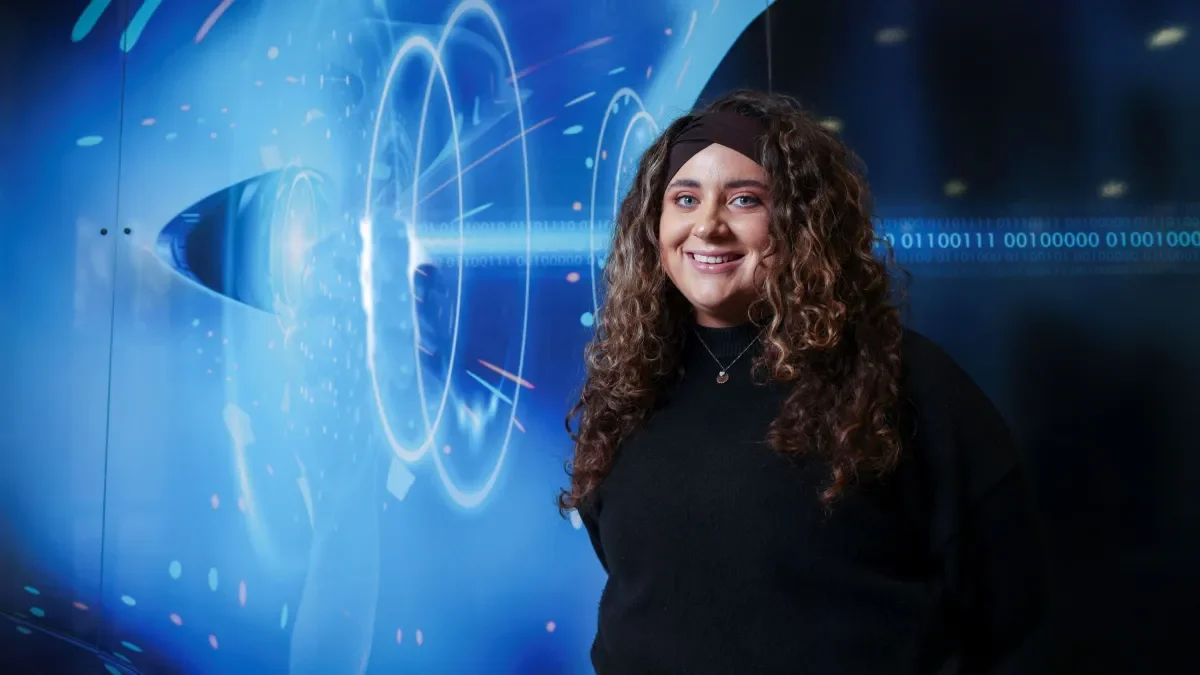

Turning TikTok into a force for good in the mental health arena
Órla said, whose previous research has focused on social media generally, has done a lot of research looking at whether TikTok is harmful, and now wants to see whether its power can be used to improve mental well-being among 13 to 25 year olds.
“Young people are getting their information from TikTok,” said Órla. “It has become the information hub for young people and no-one under the age of 25 is looking at the television news”
“If people are getting their information from TikTok, I’m interested in finding out whether that can be used in a positive way when it comes to mental health information.”
Órla, who is conducting her PhD under the supervision of Dr Daragh McCashin, said that the basis of her research is to explore whether TikTok can be used in a positive way.
In order to study this, Órla is looking to recruit young people to act as co-designers for content that would be aimed at reaching out to people their own age who have mild mental health difficulties.
The idea is to provide something that can help people at the early stage of mental health issues.
Órla is also in the process of recruiting a Youth Advisory Group from schools, youth clubs and a number of youth-related stakeholders that are partnered with the project.
“The plan is to email some schools to get the word out that I’m recruiting,” said Órla. “We have social media platforms for the project.”
The ultimate aim of the project is to develop a toolkit, or some best practice guidelines for mental health practitioners posting online.
“A lot of people I have spoken to who are working in the mental health field, don’t really understand TikTok, and they don’t know how to use it to actually reach young people,” said Órla.
“My work is about creating best practice guidelines or strategies for mental health practitioners to understand what young people want to see.”
“I am also aiming to recruit through universities to capture the 18 to 25 cohort.”
TikTok is so fast-paced that trends might last a day or two and then not be ‘cool’ anymore, said Órla, who said it is crucial to have young people involved as co-designers.
“It’s about how we use TikTok to disseminate information support as mental health practitioners,” said Órla.
“So that potentially if the likes of the HSE wanted to post a mental health awareness campaign that it is designed in a way to reach young people, and that they want to engage with it. It’s not just an infographic done in a way that young people don’t respond to.”
